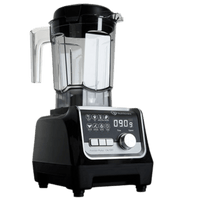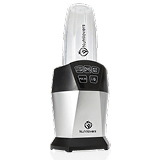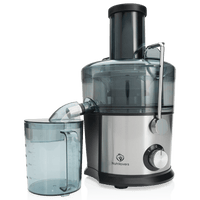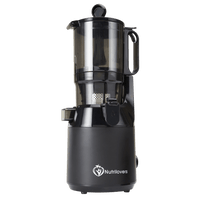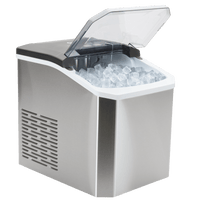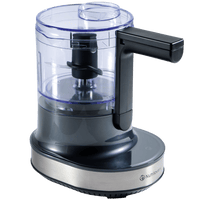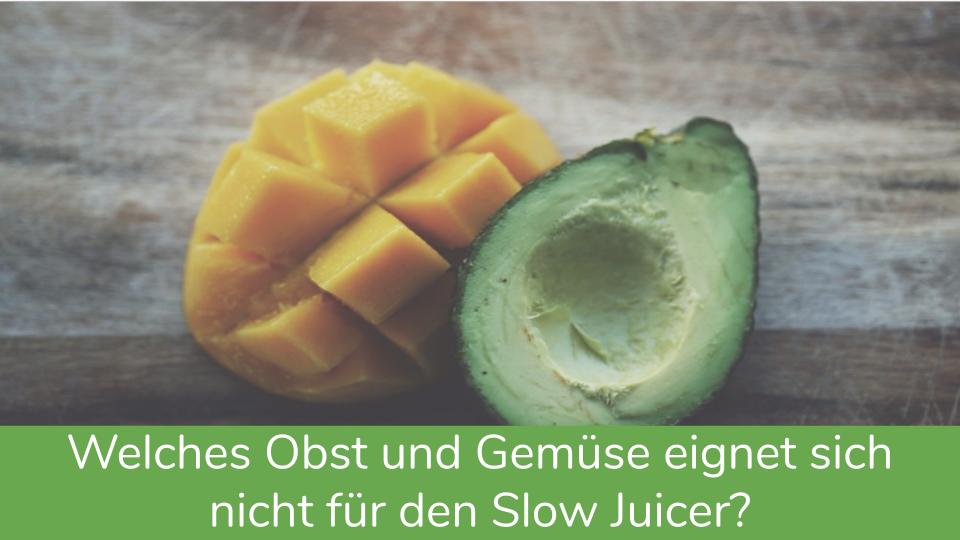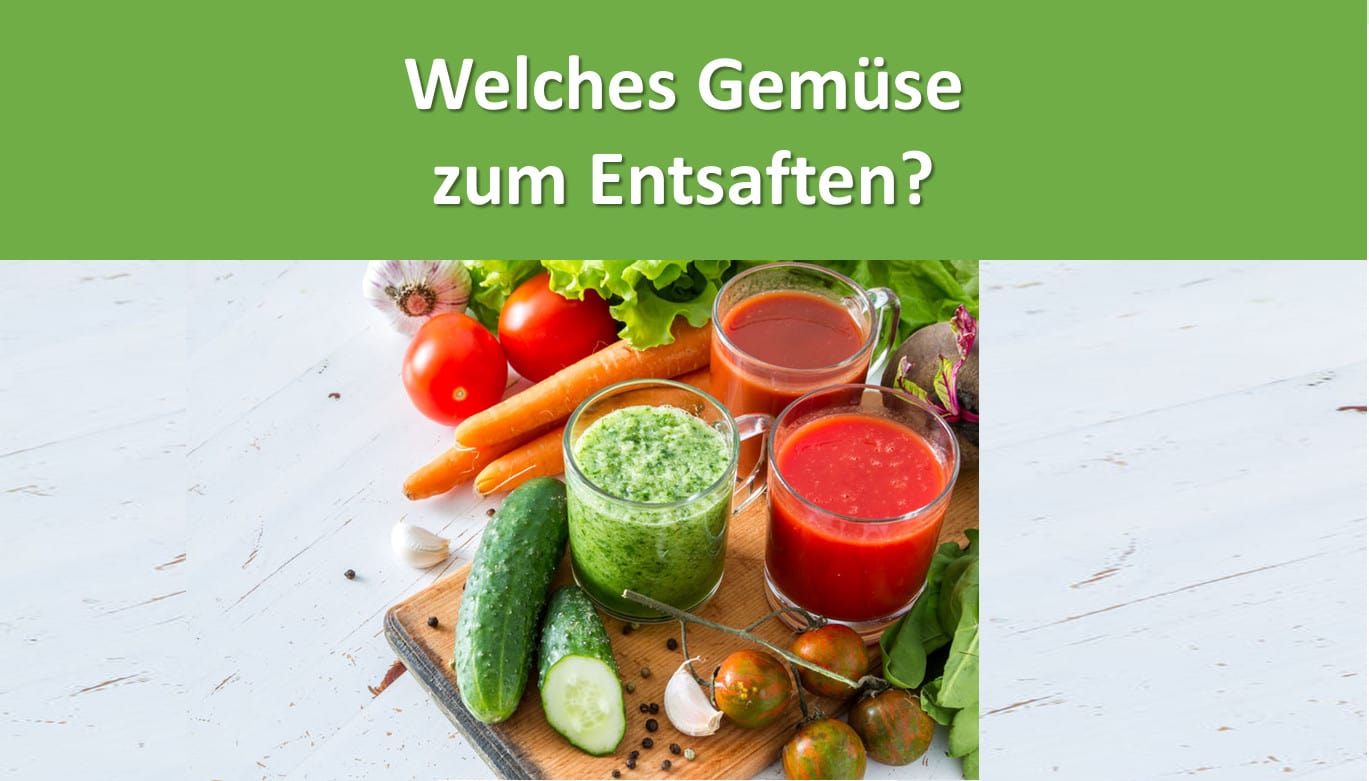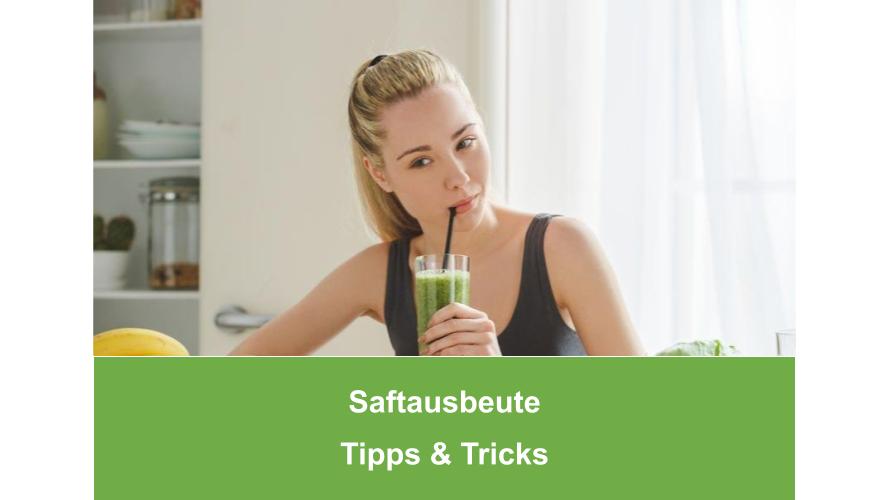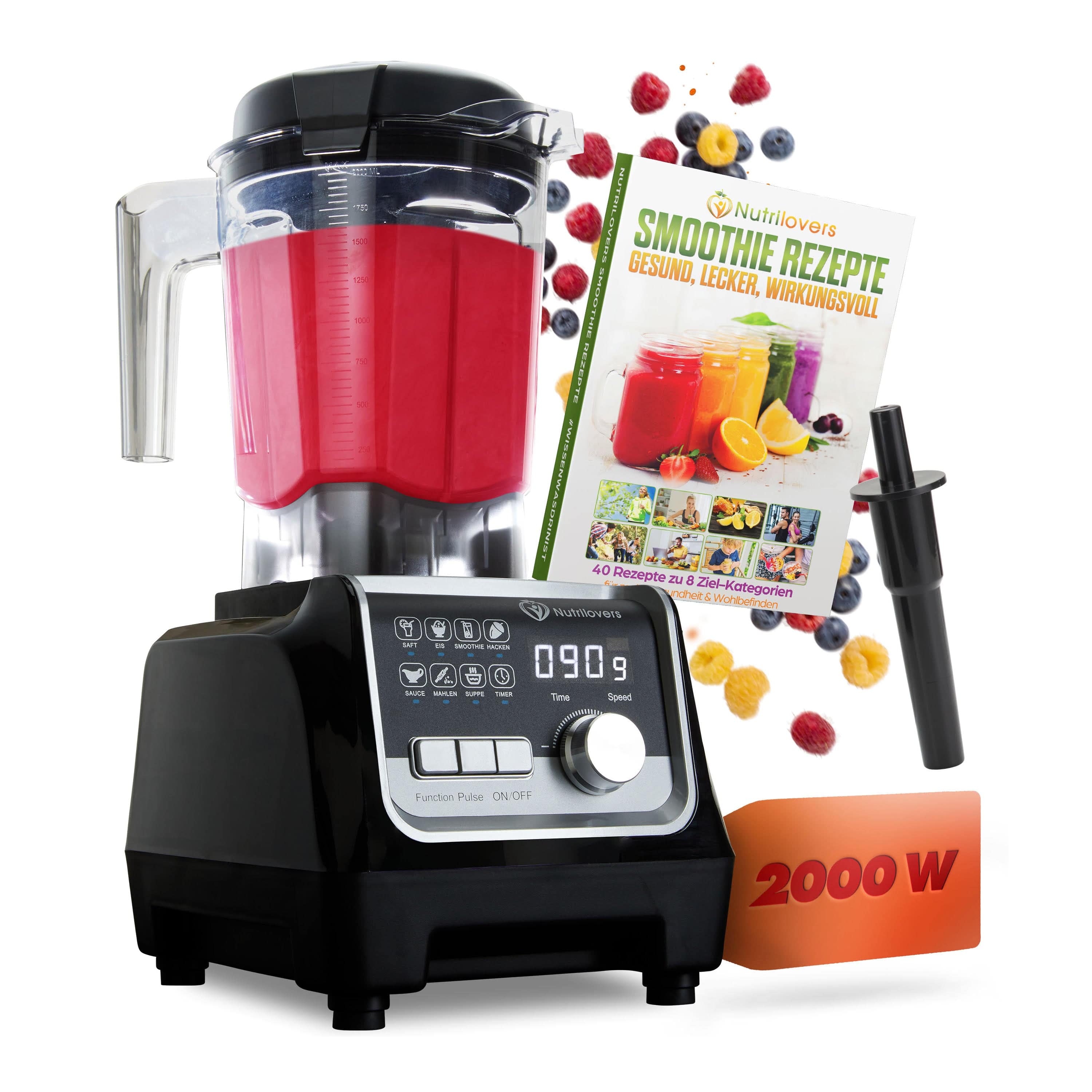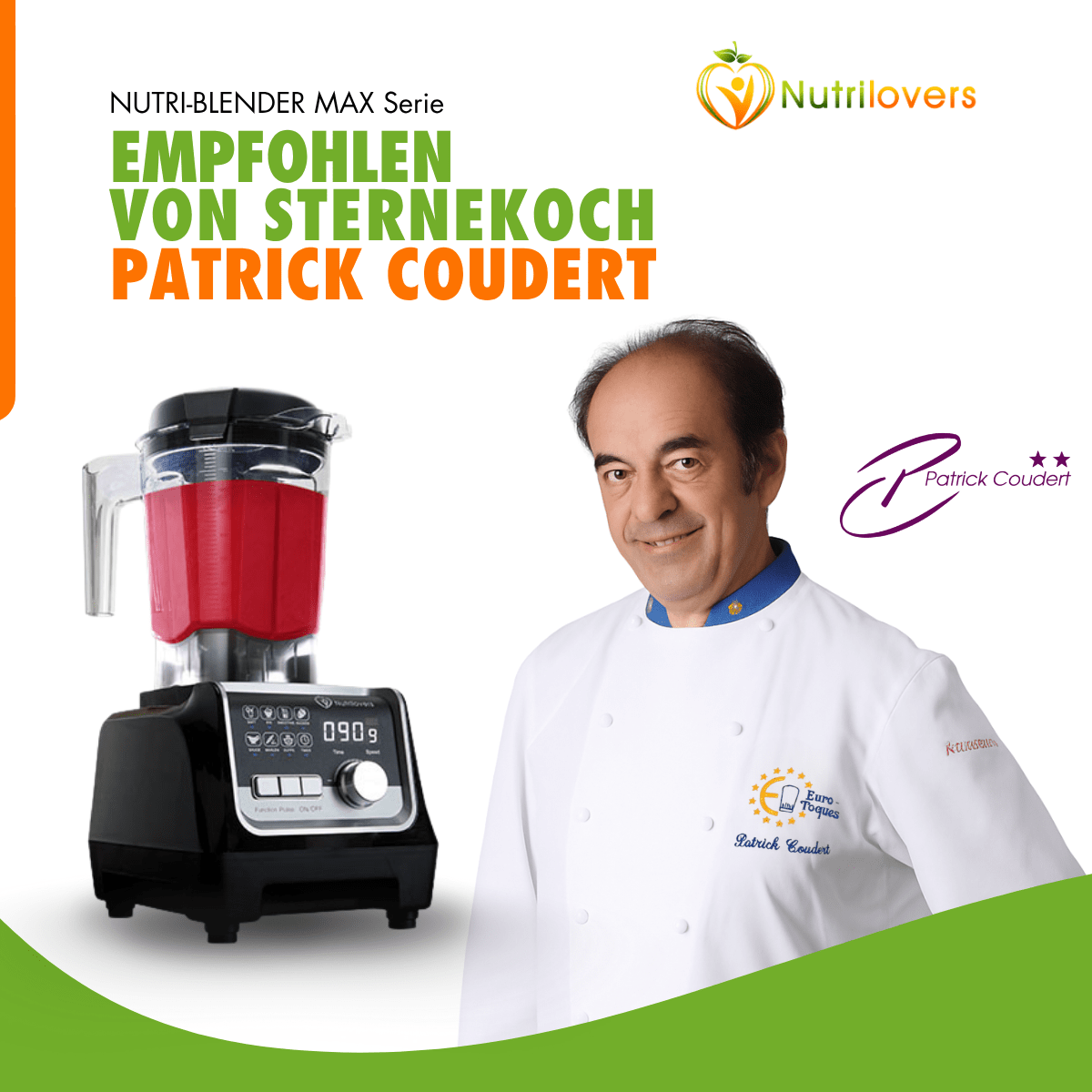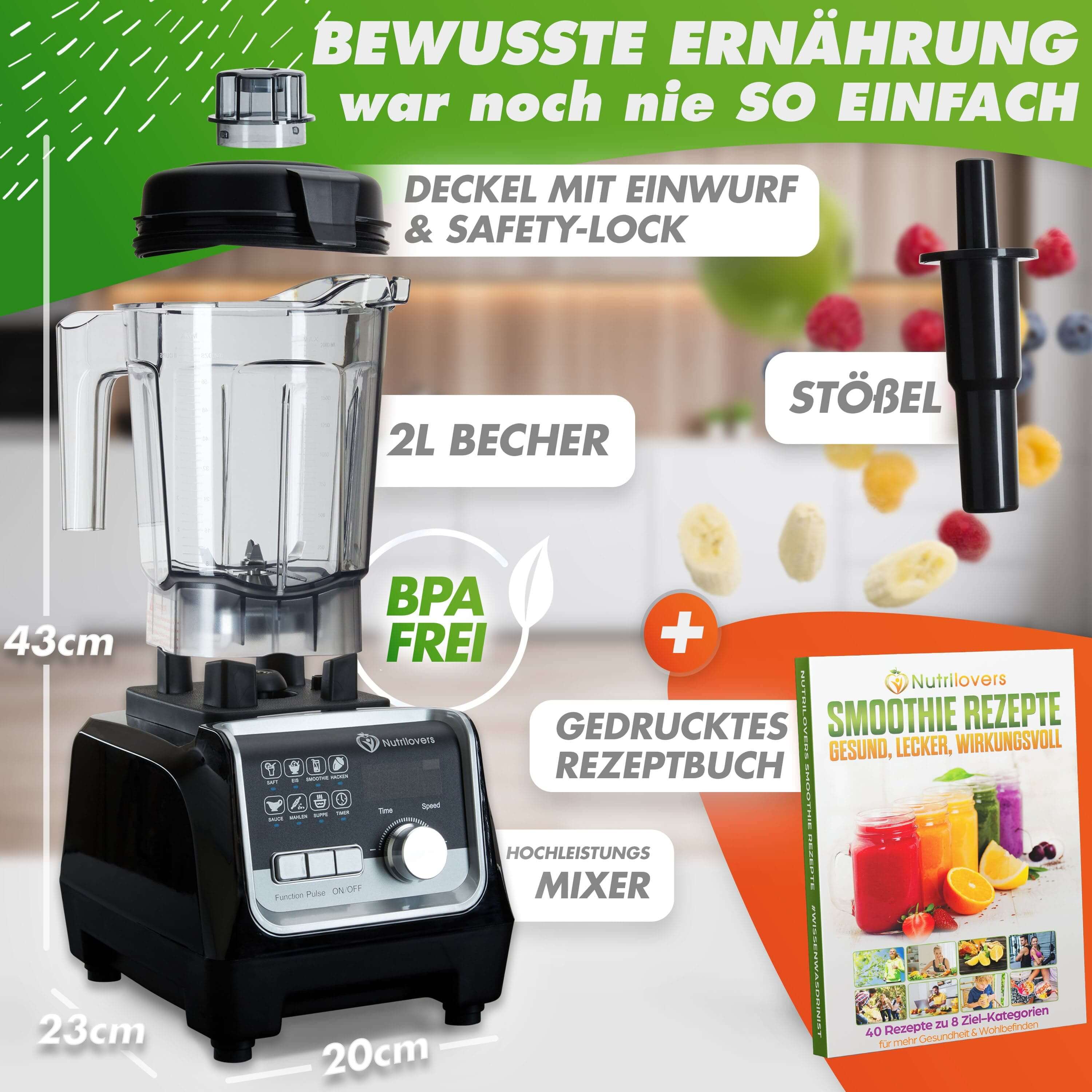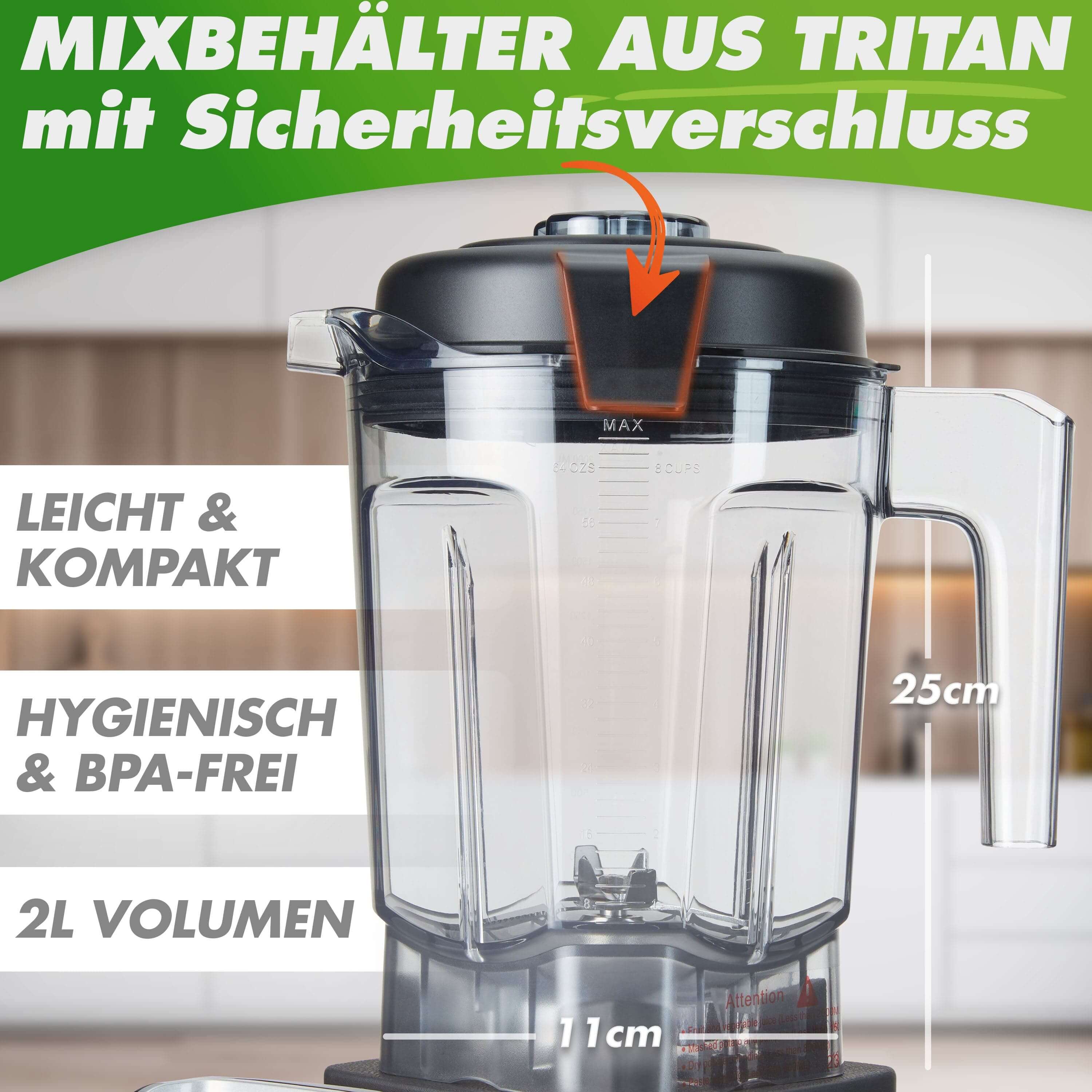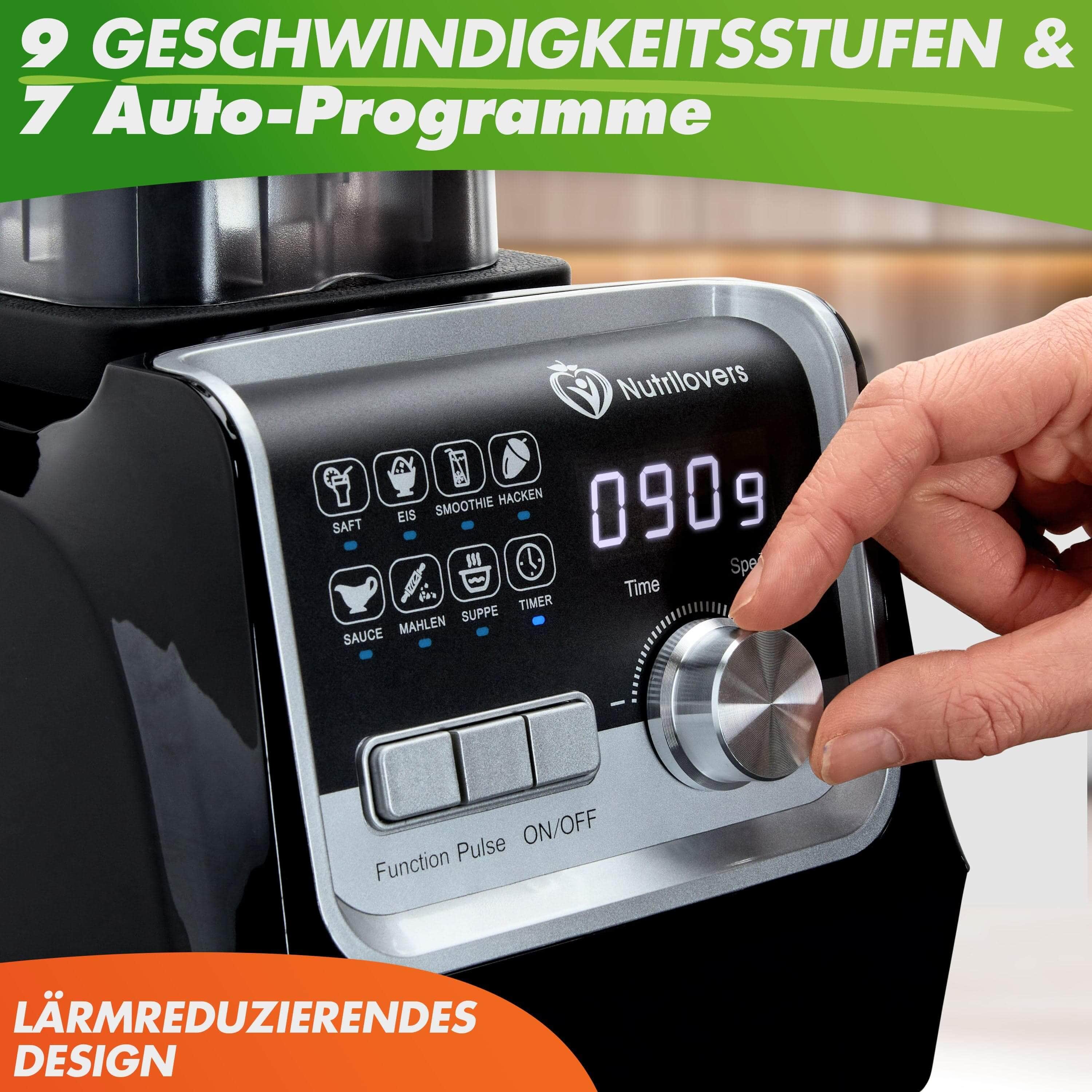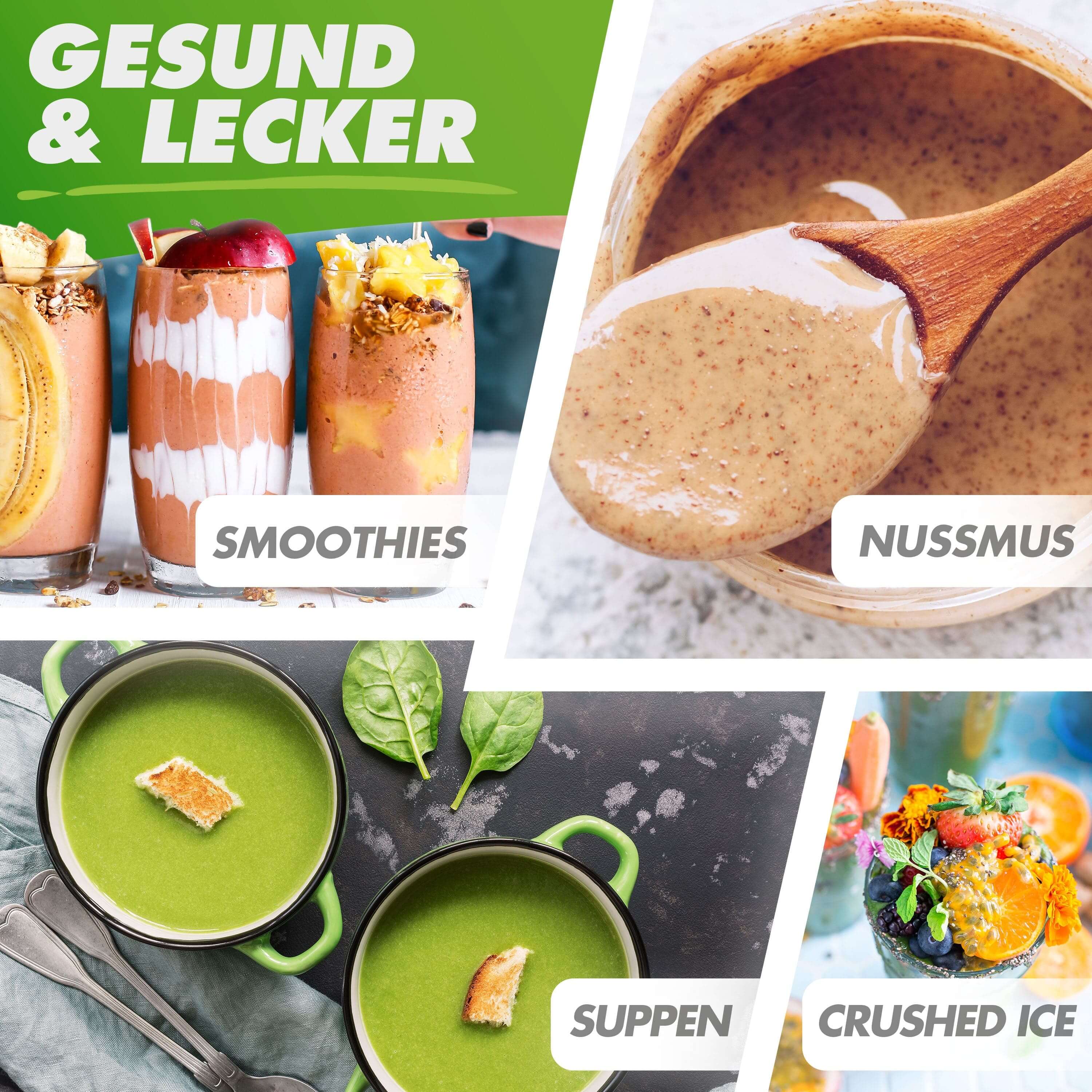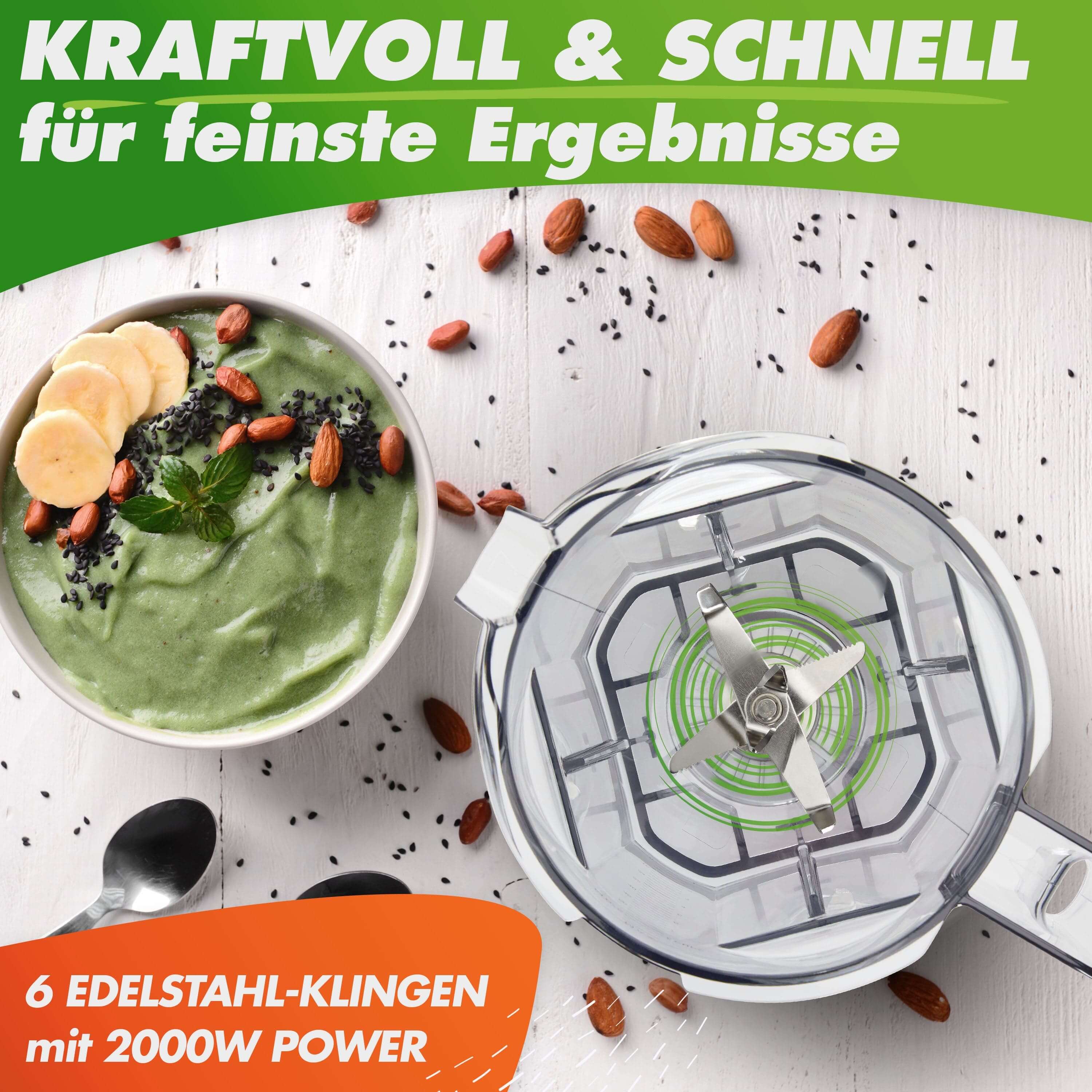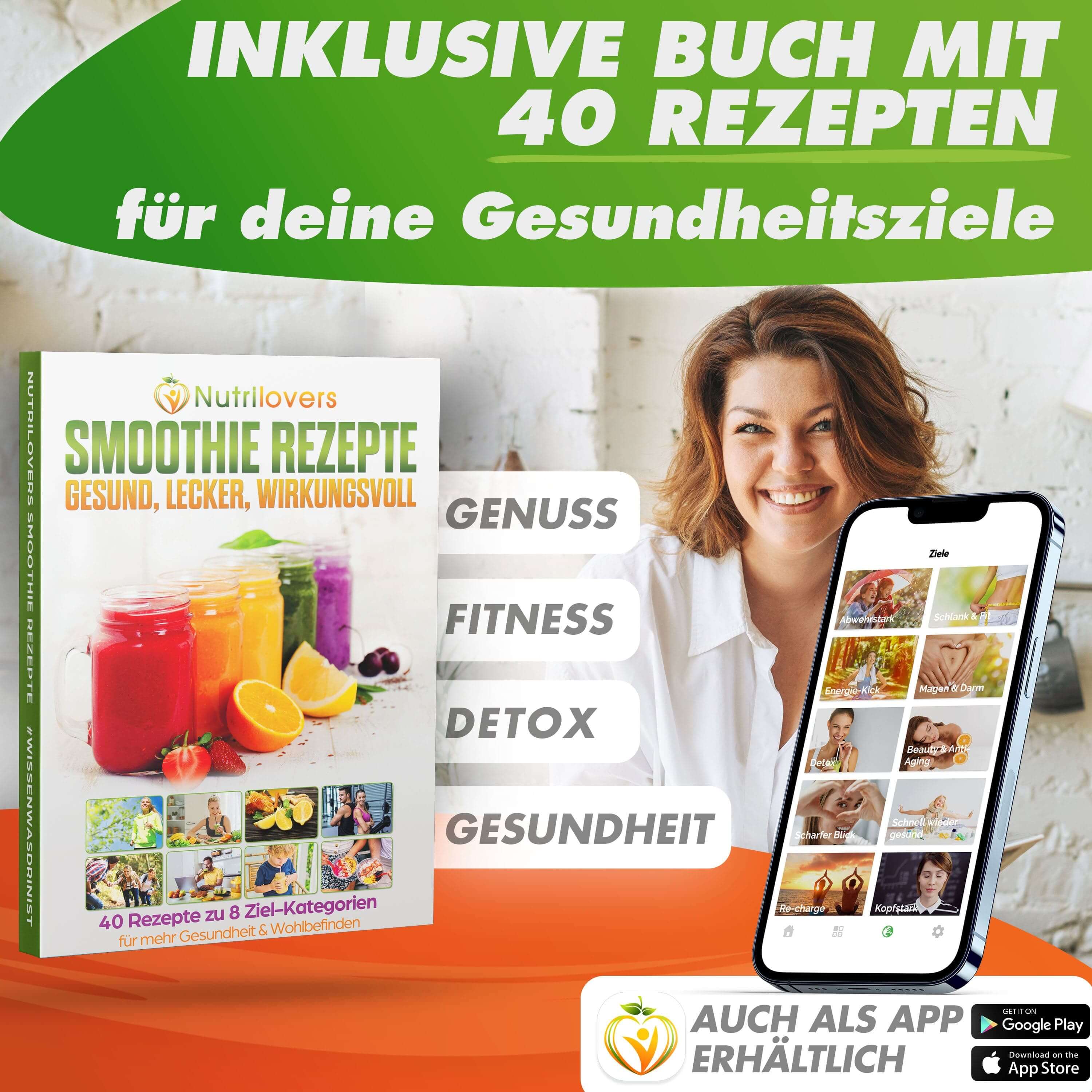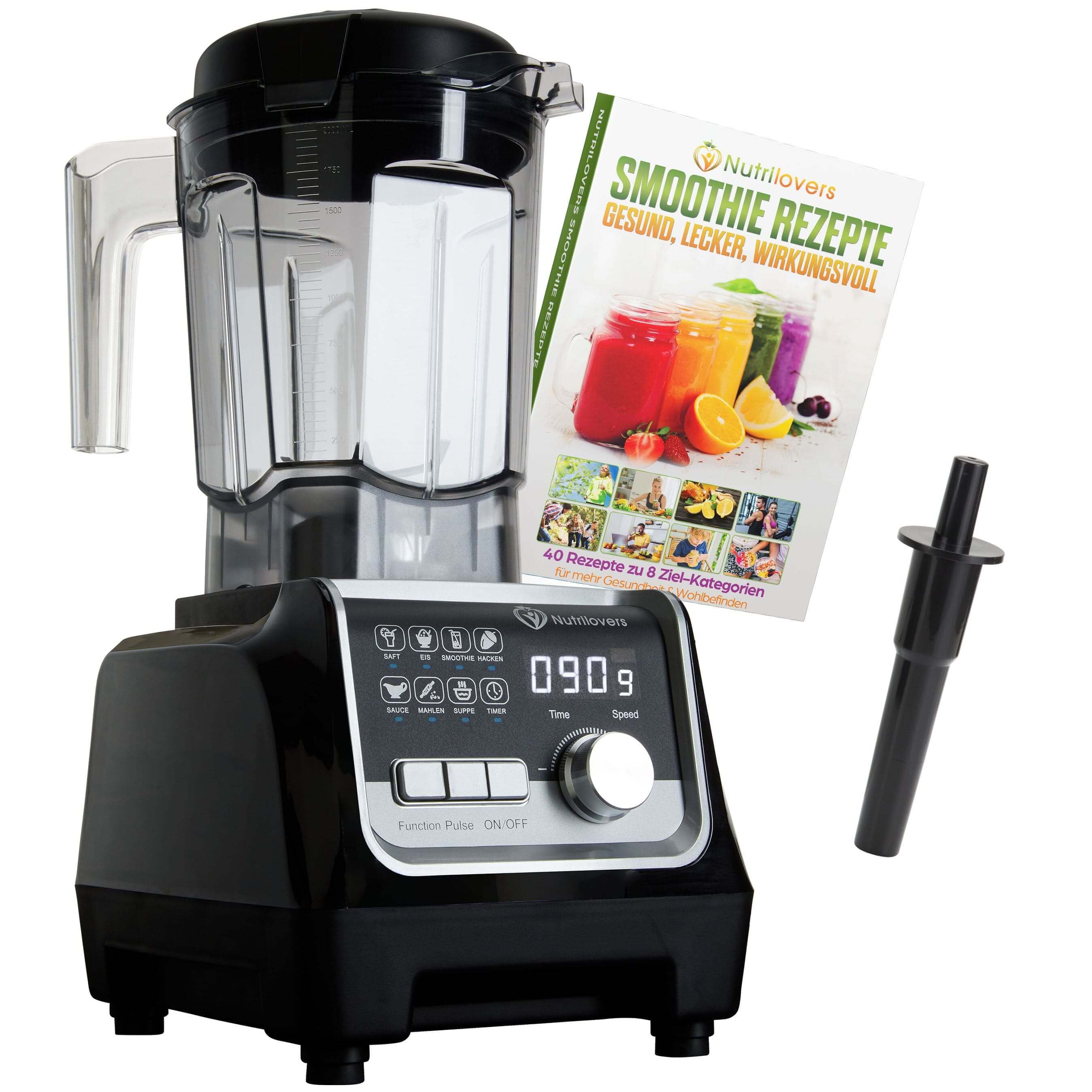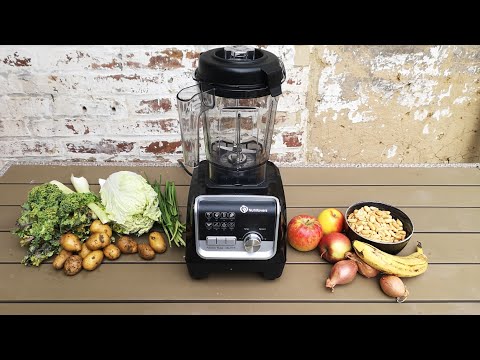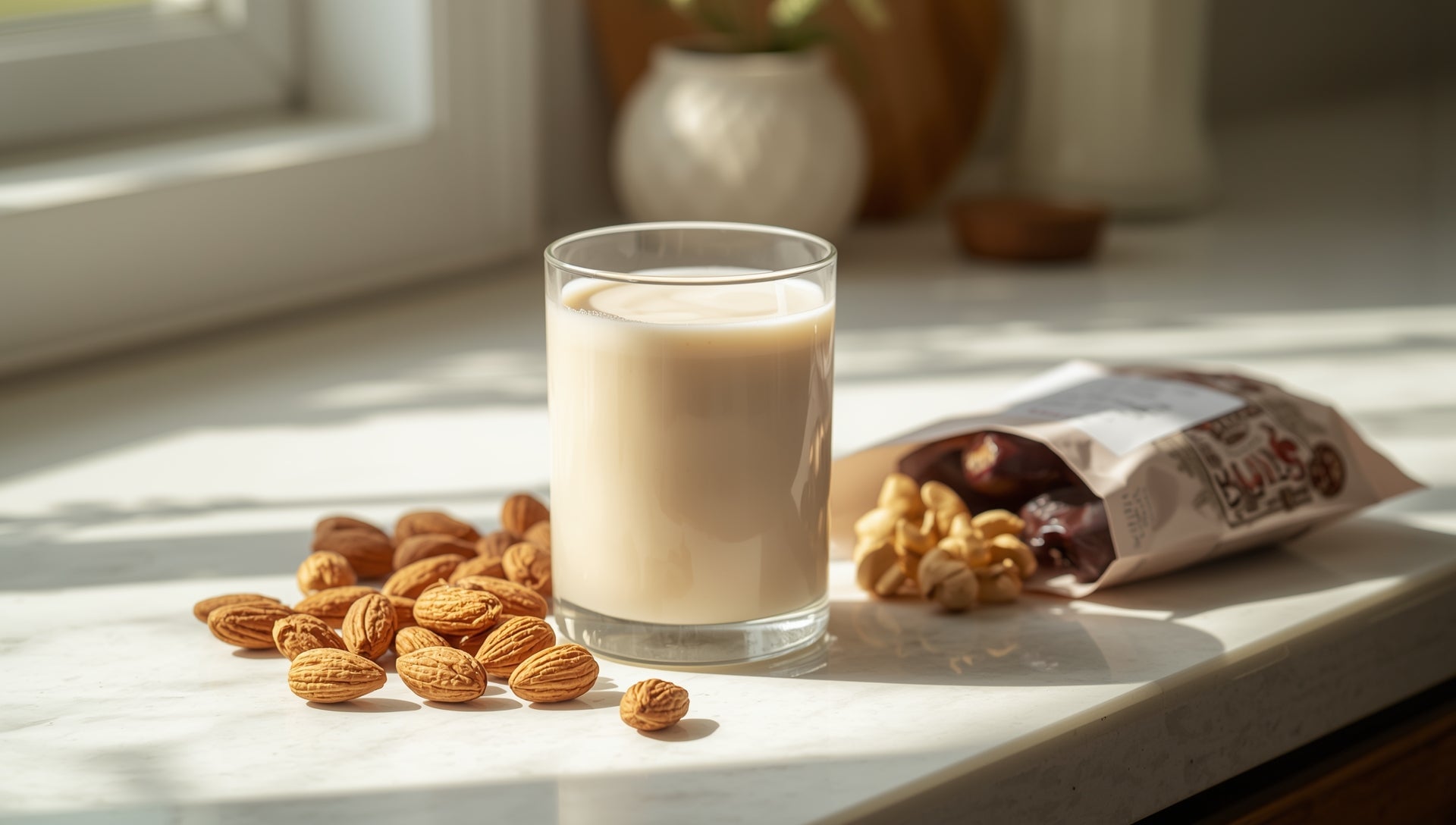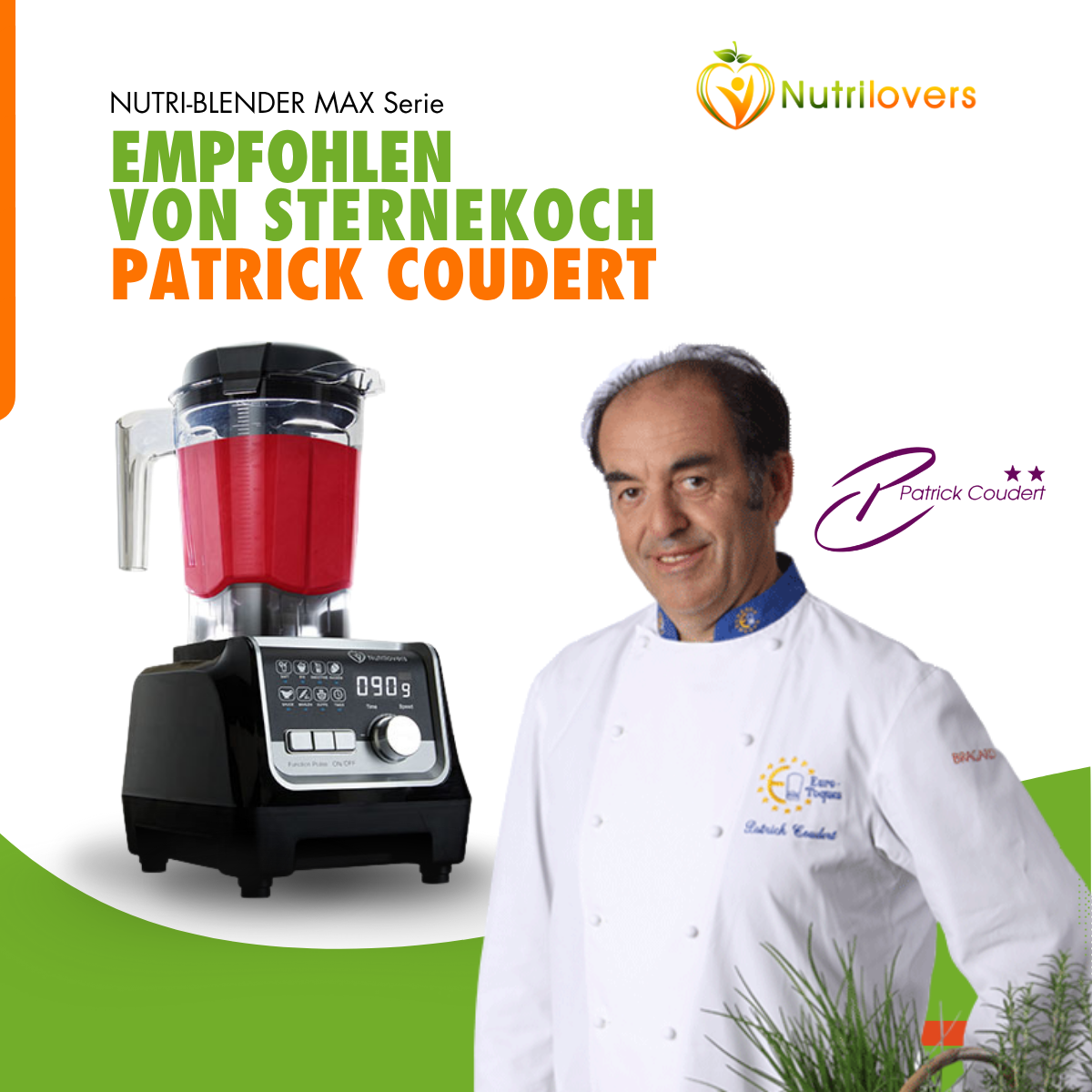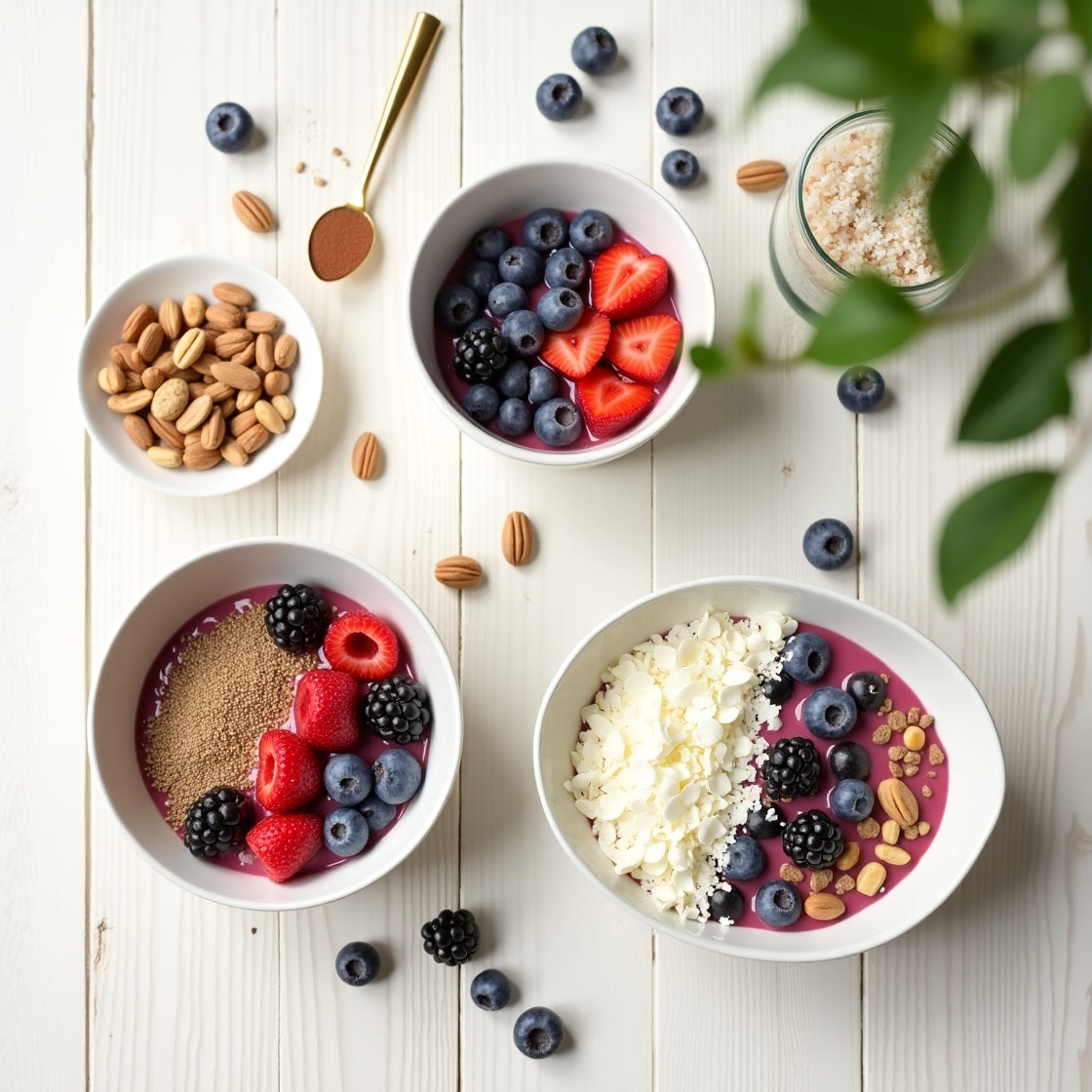PART 3: Which fruits and vegetables are not suitable for the slow juicer?

While fruits and vegetables are generally great for juicing, there are some vegetables that don't juice as well as others. Some simply don't have enough water content to juice, while others have a consistency that makes juicing difficult.
It's a short list, but it's good to remember:
- Avocados

Avocados are delicious—I eat one almost every day. Avocados are a true superfood , packed with nearly 20 essential nutrients like potassium , vitamin E, B vitamins, folate, pantothenic acid , and much more—but they don't have any juice for juicing!
- Bananas

Bananas fall into the same boat as avocados —there's really no juice to juice. But just because you can't juice them doesn't mean you can't blend them with your juice.
Bananas contain a number of vitamins and minerals in reasonable amounts. These include potassium and vitamins B6 and C.
Like other fruits, bananas contain several healthy antioxidants that are responsible for many of their health benefits. These include dopamine and catechin .
- figs

These beautiful, fleshy fig fruits can't be juiced. But they're fantastic in a smoothie !
Figs are a good source of calcium , which can help ward off osteoporosis and other health problems. You won't find a better plant-based source of calcium than figs.
- Mangoes

Mangos can also be juiced very well when they are at their optimal ripeness. Mangos should be relatively firm for juicing and just beginning to soften—not too soft but not too hard either.
If you try to juice mangoes before or after this ripeness point, they won't juice very well and much of the deliciousness will be wasted.
Mango is low in calories yet rich in nutrients - especially vitamin C , which promotes immunity , iron absorption and growth .
Mango is a good source of folic acid, various B vitamins , and vitamins A, C, K, and E , all of which help boost immunity .
- peaches

Peaches are another fruit you should catch at the right time. Opt for the hard ones you wouldn't normally eat—these are perfect for juicing.
Overripe peaches and those sweet, juicy, delicious Asian peaches are not suitable for juicing.
Peaches are rich in fiber , vitamins , and minerals . They also contain beneficial plant compounds like antioxidants that may protect your body from aging and disease.
Almost all of the foods on this list are foods that can't be juiced. Just as there are so many nutritious foods that don't mix well with a blender but are perfect for juicing. And of course, if you want to do both (a smart idea), you can choose a slow juicer that also has an additional strainer for smoothies (like the NUTRI-PRESSS NO1 ).
CONCLUSION
Why is a slow juicer better for juicing than a juicer?
Slow juice neither transfers heat to the juice nor adds oxygen . This is the special feature of slow juice or slow juicing . With a slow juicer, you can juice fruits and vegetables particularly gently. You retain the maximum amount of juice , vitamins , and nutrients , because less air gets into the liquid during this process.
READ MORE



